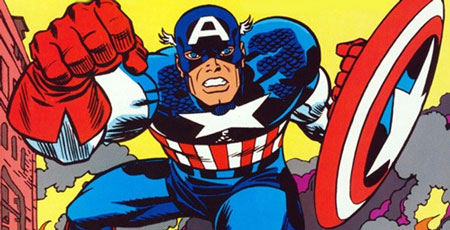
Over the decades, Captain America has changed his name, changed his costume, changed his mission, and been temporarily replaced by others. These changes, and other story developments, have often reflected changes in the national mood, such as post-Watergate malaise or the struggle to understand why 9/11 happened and how the U.S. should respond to it.
In this episode, Emmet O’Cuana talks with Neal Curtis, of the University of Auckland in New Zealand. Neal recently presented the paper “Captain America: Patriotism, Nationalism, Fascism” and is the author of the book “Sovereignty and Superheroes“. He talks here about how Cap has reflected changes in America, from World War II to the age of Trump.
Podcast: Play in new window | Download
Subscribe: | More
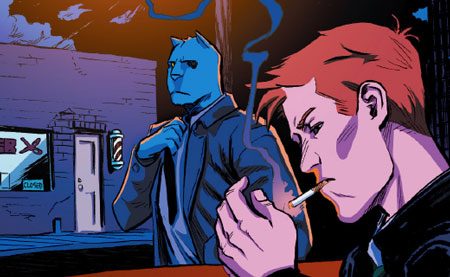


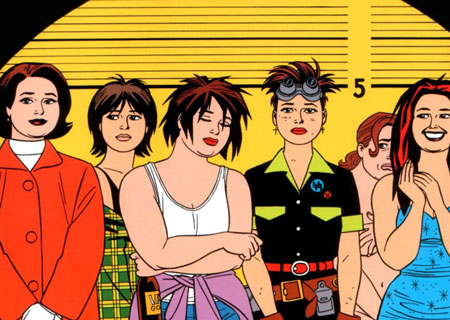
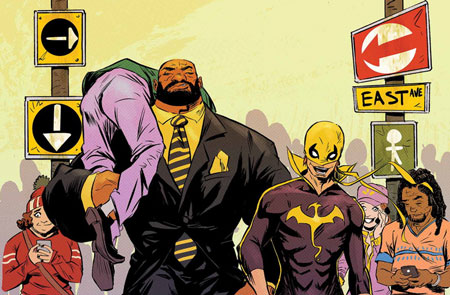

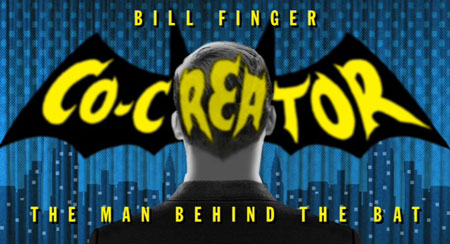
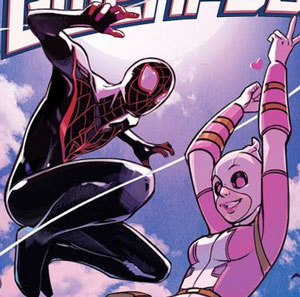 Irene Strychalski makes her fourth appearance on the podcast — this time as a full-time freelancer getting work from Marvel! We’ll talk about her depressing early comic, drawing from her own scripts vs. someone else’s, things people say to her when she draws in cafes, and more.
Irene Strychalski makes her fourth appearance on the podcast — this time as a full-time freelancer getting work from Marvel! We’ll talk about her depressing early comic, drawing from her own scripts vs. someone else’s, things people say to her when she draws in cafes, and more.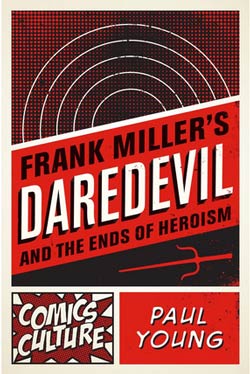 First up, Paul,
First up, Paul, 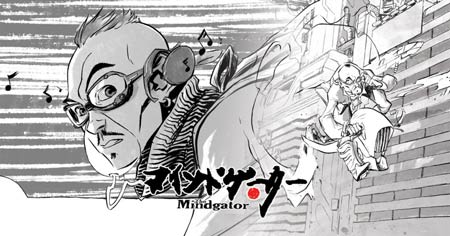
 Yes, somehow it’s been ten whole years since Tim, Brandon, and Mulele sat down together and recorded
Yes, somehow it’s been ten whole years since Tim, Brandon, and Mulele sat down together and recorded 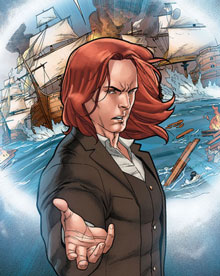 Time travel is a fascinating topic to many, and Fred Van Lente‘s current Ivar, Timewalker series from Valiant is timesurfing at both its most fun, and most scientific, with nods to Stephen Hawking’s writings on the subject. Van Lente did his own time jump to the past a couple years ago in The Comic Book History of Comics. This week Tim discusses both these works with him, along with Spider-Man, Archer & Armstrong, reassessing Fredric Wertham, and more.
Time travel is a fascinating topic to many, and Fred Van Lente‘s current Ivar, Timewalker series from Valiant is timesurfing at both its most fun, and most scientific, with nods to Stephen Hawking’s writings on the subject. Van Lente did his own time jump to the past a couple years ago in The Comic Book History of Comics. This week Tim discusses both these works with him, along with Spider-Man, Archer & Armstrong, reassessing Fredric Wertham, and more.